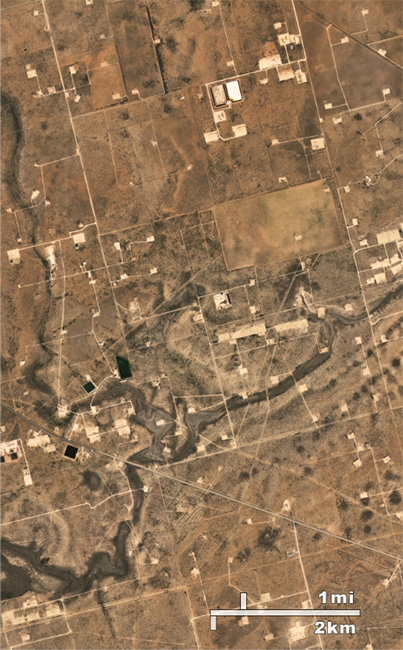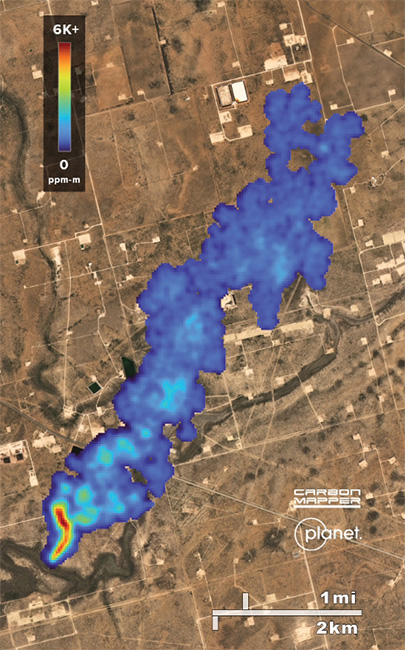Bloomberg Philanthropies’ Environment program tackles leading causes behind the climate crisis, aiming to seize the opportunity it presents to revitalize the environment, improve health, spur innovation, and create stronger, more sustainable local economies.
Strengthening Ocean Protections
The ocean is a source of food and livelihoods for over three billion people – and as the world’s largest carbon sink, it is crucial in the fight against climate change.
To address threats to the ocean, we focus on implementing data-driven solutions, convening community leaders and organizations, and supporting partners to advocate for policy change. In 2024, we unveiled the 30×30 Progress Tracker, a user-friendly public digital platform that monitors and reports on global progress to protect the ocean.

Our work in Fiji is helping to protect coral reefs and other ecosystems. Credit: Emily Darling/WCS
Maintaining U.S. Progress on Climate Change

Mike introduced UN Secretary-General António Guterres at the American Museum of Natural History in June 2024.
In January 2025, when the United States announced plans to withdraw from the Paris Agreement for the second time, Bloomberg Philanthropies again stepped up. As we did in 2017, we will follow through on U.S. commitments to report climate progress to the United Nations, while also filling the gap in funding created by the U.S. withdrawal.
“From 2017 to 2020, during a period of federal inaction, cities, states, businesses, and the public rose to the challenge of upholding our nation’s commitments − and now, we are ready to do it again.”
– Mike Bloomberg
Leading Global City Networks on Climate Change
Cities are on the frontlines of today’s most pressing challenges – from pollution to energy access.
Bloomberg Philanthropies is closely involved in global city networks dedicated to accelerating local climate action, such as the C40 Cities Climate Leadership Group and the Global Covenant of Mayors for Climate & Energy. These networks elevate city leadership, bring leaders together to share strategies, and measure progress toward key climate goals. We also continue to support America Is All In, a coalition of more than 5,000 U.S. cities, states, businesses, universities, and tribes committed to meeting the goals of the Paris Agreement.
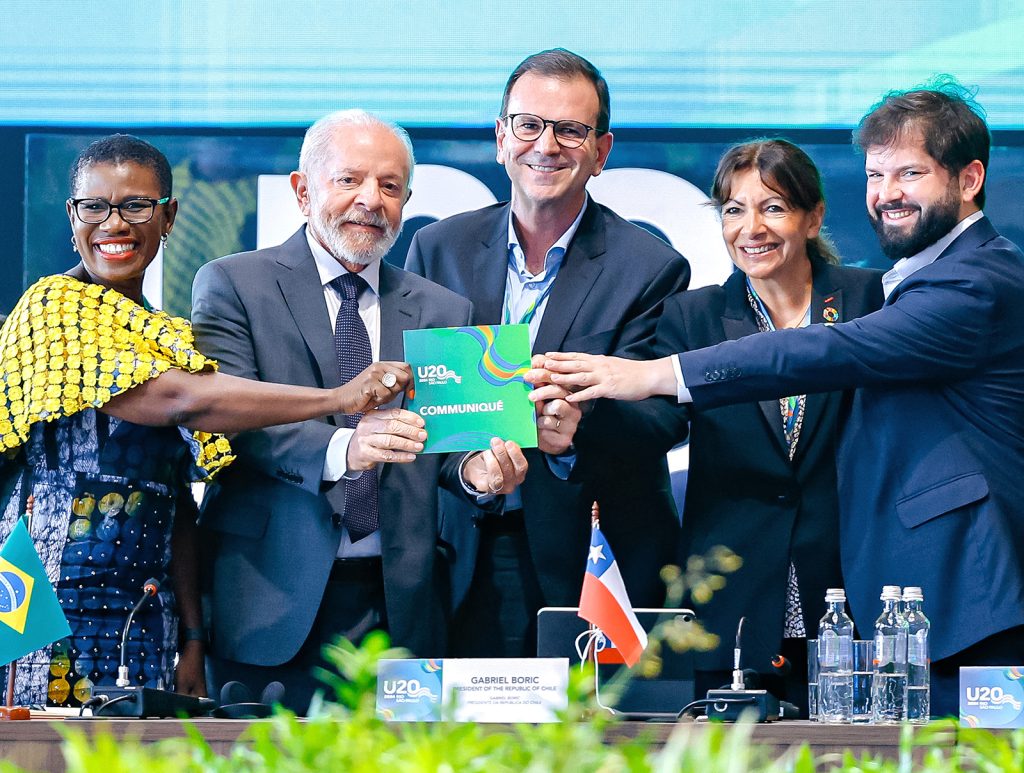
Leaders involved in C40, including Mayor Aki-Sawyerr of Freetown, Mayor Paes of Rio de Janeiro, and Mayor Hidalgo of Paris, met with President Lula of Brazil and President Boric of Chile at the Urban 20 Summit, which we supported. Credit: Ricardo Stuckert/PR
Advancing Climate Finance
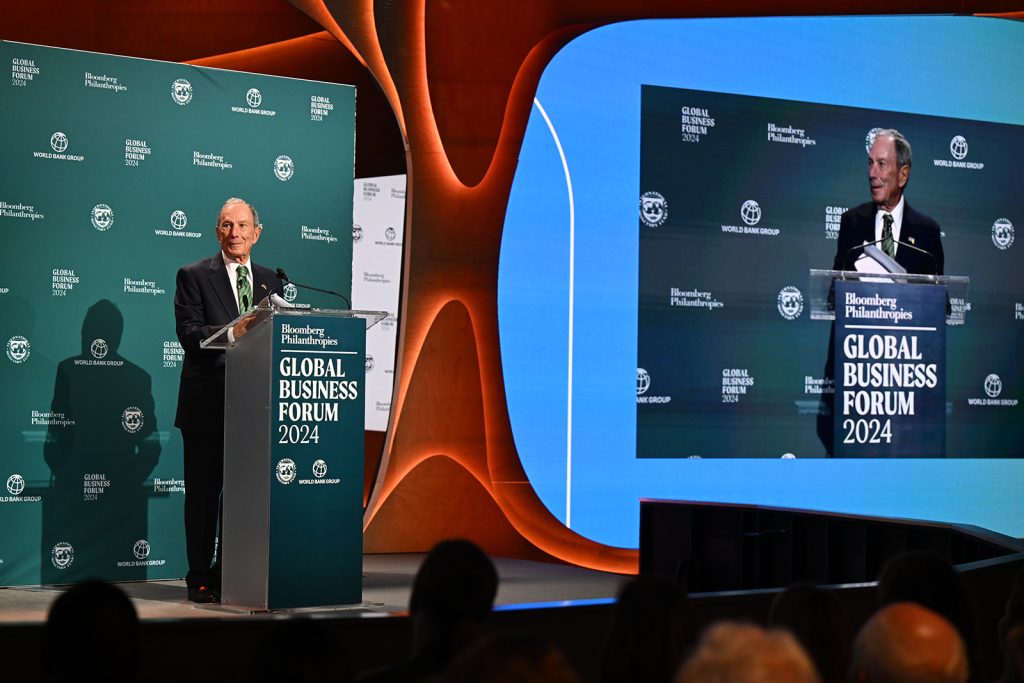
At the Bloomberg Global Business Forum in September 2024, Mike and other leaders addressed the importance of climate finance.
Historic levels of private investment are required to build a stronger, more sustainable future, unlock the full potential for growth in emerging markets and developing economies, and allow for industry and nature to be part of the solution. While this global transition represents a major economic opportunity, investment is not increasing as fast as it should.
Through our work, we are helping to bridge the gap between opportunity and investment – supporting initiatives that provide businesses and investors with critical data to understand risks and opportunities, bringing together financial firms who recognize the opportunities created by the transition, and fostering public-private partnerships that overcome barriers to investment.
Accelerating the Energy Transition
Across the United States, the transition to clean energy represents an opportunity to create jobs, improve public health, and stave off the worst threats of climate change. In 2019, we launched the Beyond Carbon campaign to tackle the issue, building on work we have supported since 2011 that has retired more than 73 percent of U.S. coal plants.
We have now helped to halt nearly a quarter of proposed methane gas capacity and ensured that 19 states and two territories have clean energy policies, up from just two in 2019. In 2024, U.S. wind and solar generated more power than coal for the first time, and the entire New England region went coal-free after the final two plants committed to closing. The campaign’s success also inspired the expansion of our work globally – which has helped retire 59 percent of Europe’s coal plants, among other progress.
U.S. Power Generation: Driving Down Coal and Increasing Clean Energy
73%
73%U.S. coal plants retired since 2010
21
21U.S. states and territories with clean energy policies, up from 2 in 2019
59%
59%of Europe’s coal plants retired since 2017
Stopping U.S. Petrochemicals
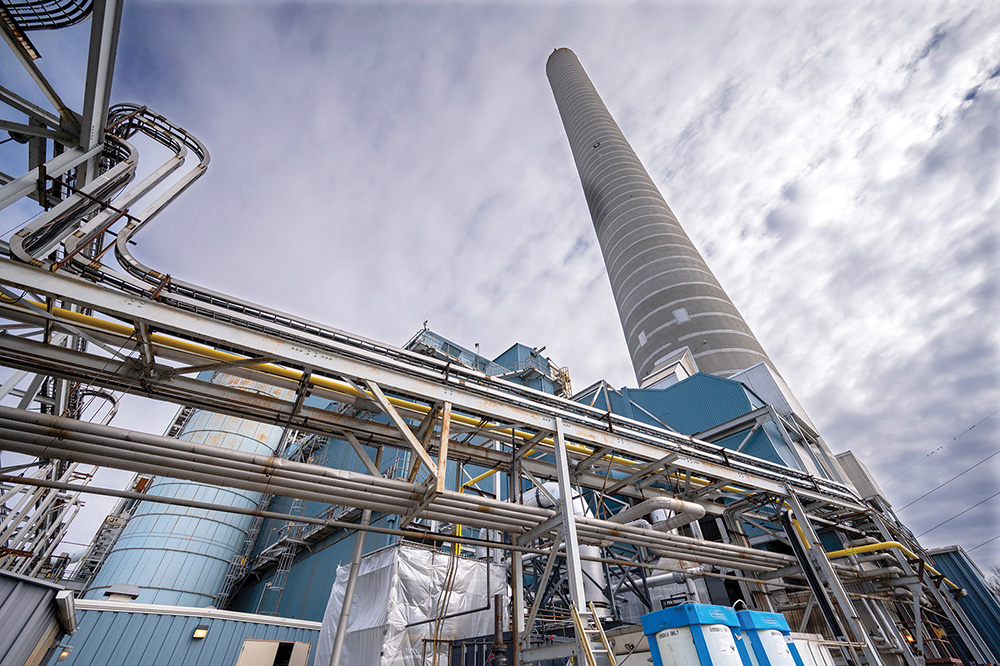
As part of our work to retire U.S. coal plants, our partners secured the retirement of the Chambers Cogeneration Plant in Carney’s Point, NJ, which is now transitioning to a clean energy storage facility.
Petrochemical facilities, which produce fossil fuel-based plastics, fertilizers, fabrics, and other consumer products, generate a growing share of U.S. emissions and toxic air pollution.
In 2022, we launched the Beyond Petrochemicals campaign with local partners to stop the industry’s planned expansion, which would have devastating consequences for both public health and the environment. The effort has now stopped the construction of 26 of the roughly 130 proposed petrochemical facilities nationwide, averting annual emissions equivalent to 18 coal plants as well as 33,500 tons of toxic air pollutants.
Tackling Global Methane Emissions
As part of our work to tackle methane emissions, a major driver of climate change, we supported the launch of a methane-detecting satellite in 2024 that is bringing new data and transparency to the challenge. In just its first month in operation, the satellite detected more than 1,000 methane and carbon dioxide plumes like this one in Texas’ Permian Basin – which spurred a pipeline facility to fix the source.
Credit: Carbon Mapper and Planet Labs
SPOTLIGHT
Helping Cities Breathe Easy
Paris, France
Paris is one of 14 cities we have partnered with to address air pollution. Our support has allowed the city to strengthen its air quality monitoring – including deploying 138 air quality sensors at 44 schools. This new data drove the city to implement air quality improvements for 300 school streets and introduce ambitious traffic restrictions on polluting vehicles, which cut nitrogen oxide pollution by more than 23% since 2019. In 2024, the city hosted other partner cities in our clean air work to further spread effective solutions.
